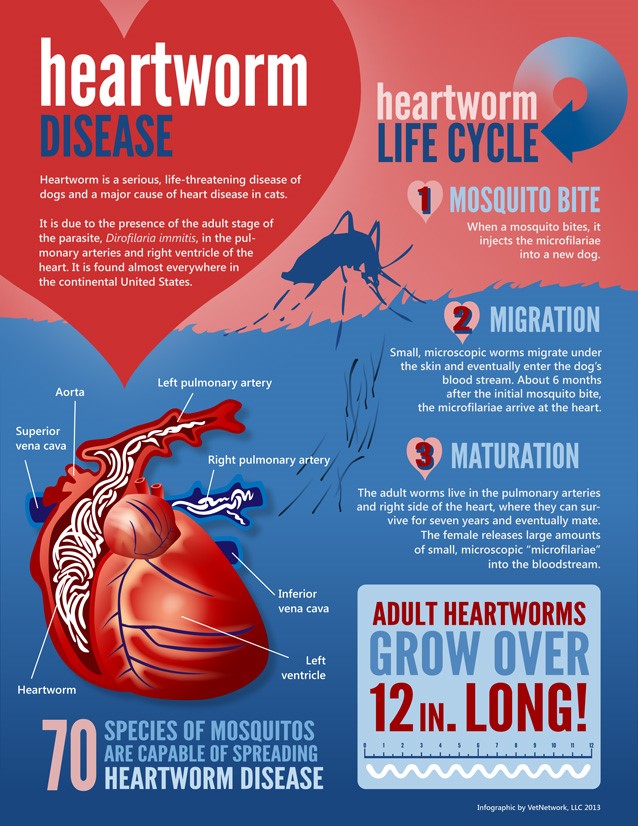WELLNESS EXAMINATIONS
You want your pet to live a long, happy life. The veterinary team at Forest hill veterinary clinic works toward this goal through a commitment to preventative medicine.
As medical professionals we recognize preventive medicine is the best way to keep your pet healthy and limit the lifetime cost of care. We’ll partner with you to develop the best health care plan for your beloved pet.
The basis of such a plan begins with regular wellness examinations, which include thorough screenings for common diseases and ailments that could affect your pet’s health. As your pet enters his senior years, these screenings become even more important, which is why we have developed a customized senior wellness protocol.
Client/Doctor Communication
The doctor and staff at Forest hill veterinary clinic take the time to listen to you and examine your pet thoroughly. We develop a clear picture of your pet’s health status and recommend the best health maintenance or treatment program. We will thoroughly discuss any diagnosis with you before we continues with your pet’s health care plane It is therefore important we hear from you about how your pet is doing so we may adjust and optimize your companion’s health care plan. We are here to serve you and your pet’s needs.
Preventive Medicine is the Best Medicine
No one likes to see their pet sick. The best way to ensure your pet is well and lives a long, happy life is to promote a healthy lifestyle and be proactive in preventive care.
We believe prevention is a positive contribution to your pet’s long term health and also minimizes the lifetime cost of veterinary care. We strongly encourage that your pet receive routine wellness examinations, vaccinations, regular laboratory work, deworming and fecal checks, as well as medications to prevent heartworm, fleas, and ticks in order to keep your pet in optimum health.
Deworming and Fecal Check
Dangerous parasites are always present in the environment. We recommend regular fecal checks and deworming as the best way to prevent parasitic disease and the transmission of intestinal parasites to your pet and your family members.
Regular Blood Testing
A complete physical evaluation should include a blood test. Not only can a chemistry panel and blood count identify the presence of underlying disease processes, but these tests help create a baseline should your pet become ill between regular examinations.
As part of your pet’s regular wellness examination, our veterinarians will:
Listen to your pet’s heart – Early signs of cardiac disease such as heart murmurs and abnormal heart beat patterns known as arrhythmias can be heard through a stethoscope. Discovering these initial indicators of an underlying condition can often lead to treatment before the problem becomes a more serious health threat.
Listen to your pet’s lungs – Health issues like infection, obstructive diseases and other problems can be detected by listening to your pet’s lungs through a stethoscope. The doctor can also assess the overall pulmonary health of your pet.
Check your pet’s teeth and oral cavity – infection and other forms of dental disease can lead to serious systemic health issues. We also take the time to discuss proper home dental care with you.
Evaluate your pet’s vision – Ocular conditions – such as glaucoma, corneal ulcers and dry eye – can be prevented or better treated through regular care and screenings.
Look into your pet’s ears – Ear disease is common in many pets. Regular examinations can prevent most forms of ear disease from developing or stop its progression.
Palpate the lymph nodes, abdomen and skin – By feeling these areas, we are looking for unusual lumps or swellings. The skin is also evaluated for discolorations, lesions or patterns of hair loss or thinning, which could be signs of more complicated health issues.
Palpate joints and muscles – By examining the joints, legs and other areas of the body, we are able to evaluate for swelling, decreased muscle tone and variations in muscle size that may indicate developing orthopedic issues. In older pets, we look for signs of arthritis, which can affect one or more joints and cause lameness, stiffness and joint pain.
VACCINATIONS
We are strong advocates of preventative care. To offer your pet optimal care and a long, healthy life, we believe it is important to identify problems before they develop.
Vaccines are an excellent way to protect your pet. While some vaccines prevent common infectious diseases, others protect against dangers present in a pet’s lifestyle.
PUPPY AND KITTEN CARE
Whether adopting a pet for the first time or introducing one into your multiple pet home, a puppy or kitten quickly melts your heart. However, there are hassles and concerns, too, and knowing how to properly care for your new pet will help alleviate any stress you experience. We feature puppy and kitten programs designed to cover all the fundamental health care needs of your new pet during his or her early life stages.
SENIOR PET CARE

Congratulations! By taking the time to learn more about the special needs of your senior aged pet, you have taken the first step toward providing the best care for your friend in his or her golden years. We places an emphasis on senior care, and we’re proud of the special interest we take in geriatric medicine and care of chronic disease.
As with humans, pets in their senior years — those of about six years of age and older — begin to go through a gradual reduction of their physical capabilities. However, this process can be slowed and managed through proper veterinary care, thereby offering your beloved pet an extended period of vitality and good health. Additionally, preventative care tailored to your pet’s age, lifestyle, risk factors and other elements can help prevent common diseases or detect them at early and more easily treatable stages.
There is also an important role for you to play as your pet’s primary caregiver. While you cannot control age-related decline, you can influence your pet’s activity level, living conditions, access to quality senior veterinary care, and daily nutrition. With guidance from your veterinarian you can manage these factors to prolong your pet’s good health, vitality, and increase his or her well-being, even as his or her pace slows a bit.
However, the best time to begin your pet’s senior care program and recognize the need for a little extra TLC is well before age-related conditions begin to set in. The veterinarian at Forest hill veterinary clinic recommend regular senior wellness exams, which should include lab tests to detect the early signs of disease processes. Dental care at this point in life becomes even more important as well. We recommend routine dental exams and cleanings for all pets, but especially for those in their senior years. Diet and weight gain are also important issues to keep in mind. When you bring your pet in for a senior wellness visit, your veterinarian will evaluate his or her weight and offer recommendations based on what we find.
PARASITE PREVENTION AND CONTROL
Parasites can be real pests. Both external (fleas, ticks) and internal (heartworm, hookworm, roundworm) parasites can cause problems for your pet and your family. Prevention is the best approach to eliminating these pests.
Heartworm Disease
Spread by mosquitoes, heartworm disease is serious disease. Fortunately, preventive medications exist to prevent heartworm disease in your beloved companion.
When Should I Test My Dog for Heartworm?
Symptoms of heartworm are not always immediately apparent. Some dogs may show no signs of the disease while others may exhibit clinical signs, such as a mild, persistent cough, reluctance to move or exercise (lethargy), fatigue after only moderate exercise, reduced appetite and/or weight loss.
Cats may exhibit clinical signs that are non-specific, such as vomiting, gagging, difficulty or rapid breathing, lethargy and weight loss
